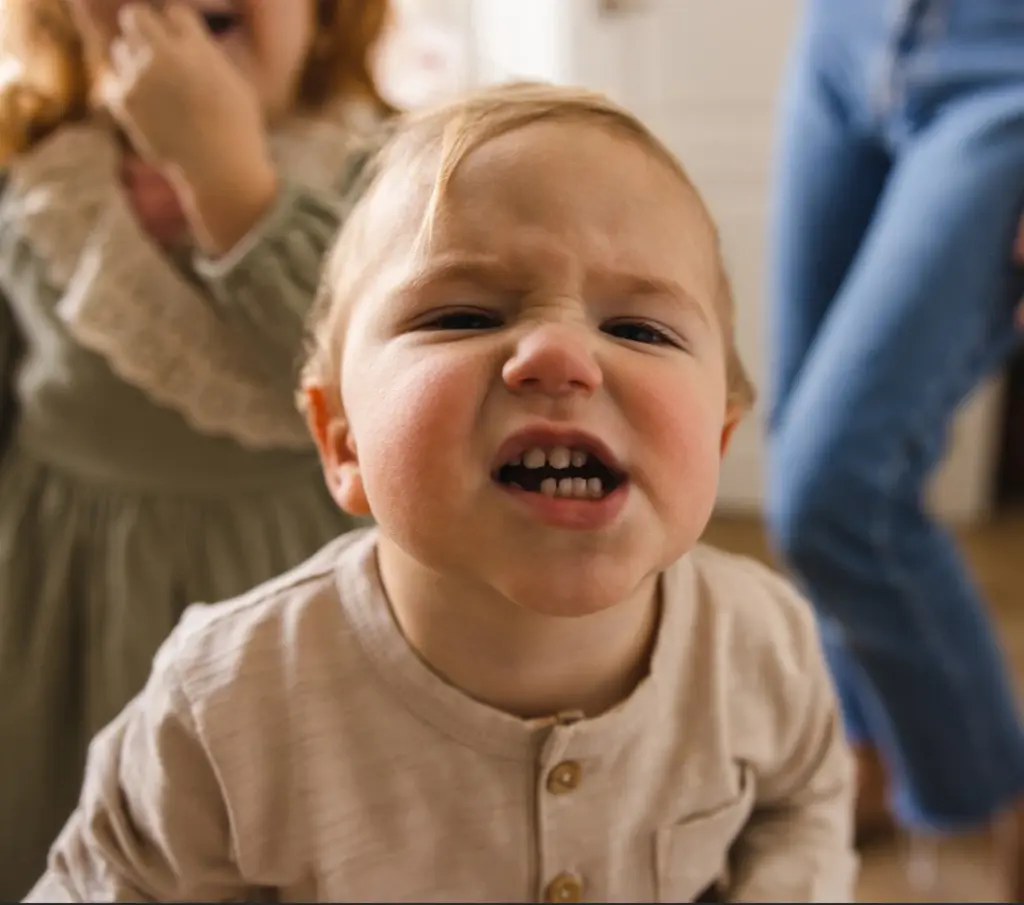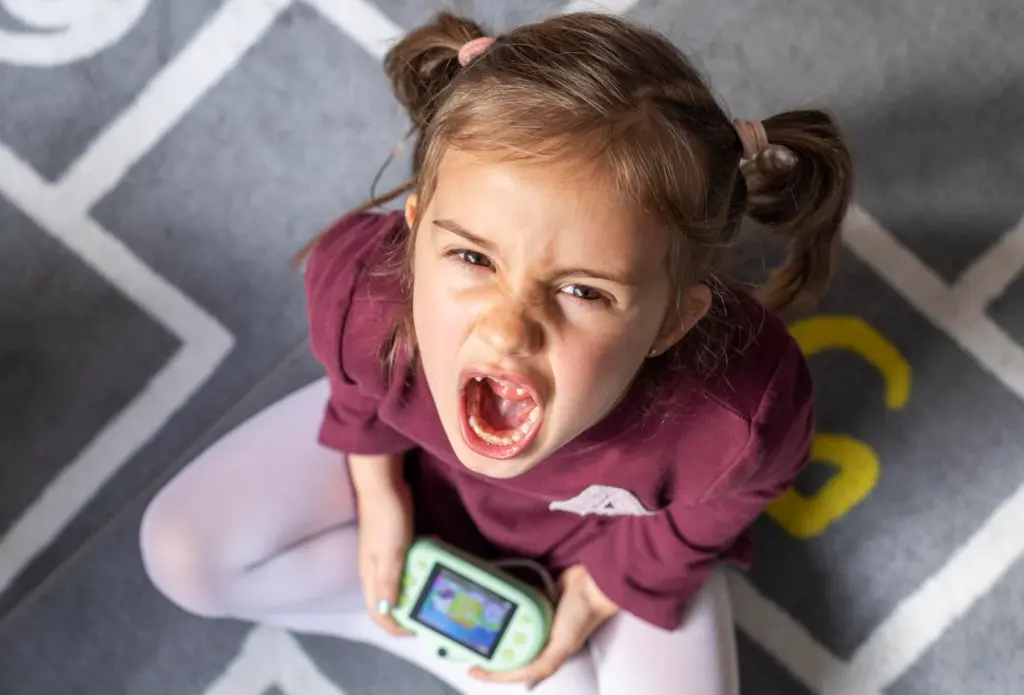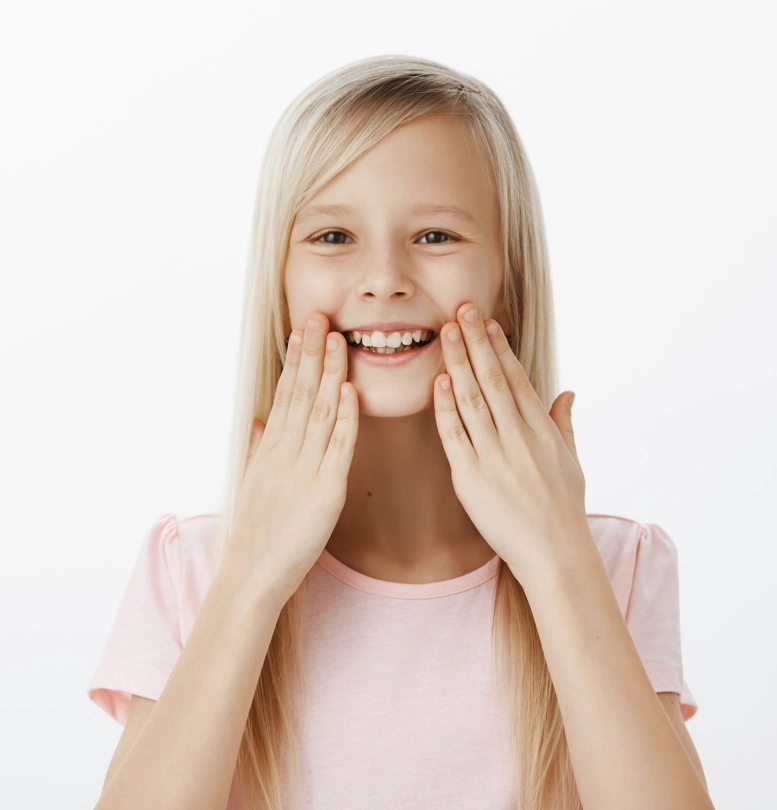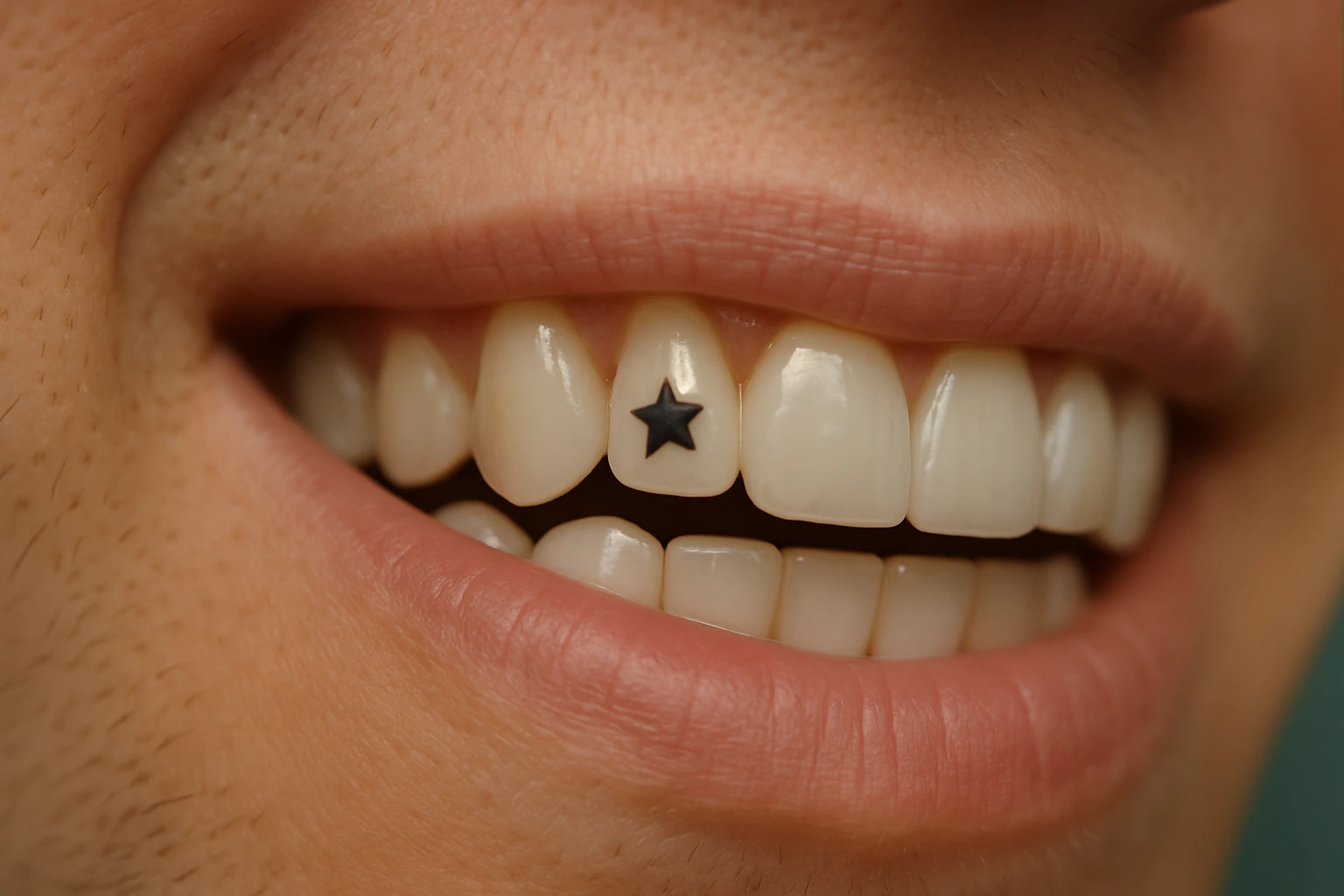How to Stop Baby Grinding Teeth During the Day

Teeth grinding, also known as bruxism, is not only an adult sleep disorder, as it bears noting that teeth grinding cuts across all age brackets, even babies and toddlers are now grinding their teeth during the day. As alarming as it may sound to parents, daytime bruxism in babies is usually not a matter of concern and will often disappear with time. Nevertheless, habitual teeth crunching could have its consequences, such as damage to the teeth, irritation of the gums, and discomfort in the jaw. As reflected in this article, the awareness of the causes of such an occurrence and the possible parent strategies for handling the problem can help in changing the baby’s teeth-grinding behavior.
Why Do Babies Grind Their Teeth During the Day?
The reasons why babies grind their teeth during the day can be vast and complex, covering a range from the innocent to the pathological. At a very young age, teeth grinding may occur out of mere interest; the baby has got the first few teeth and, therefore, wants to explore their unique feel or to test and play with their new \”extremities.\” In the case of babies who are teething, they may instinctively rub their upper and lower teeth together since this action gives some relief to their sore gums.
Sometimes, the phenomenon of bruxism may occur when a child gets too absorbed in something, is frustrated, or is overjoyed with it. The grinding of teeth may become more pronounced in times of play, while eating, or even while sitting and concentrating. The underlying cause can give great insight into how to deal with the specific behavior. Before taking action, it is important to find out the culprit behind the grinding and to take adequate measures to stop it.
Is Daytime Teeth Grinding Harmful for Babies?

Fortunately, most of the time, baby teeth grinding does not result in long-term damage, and babies’
teeth will not be permanently affected. This is because the primary teeth that are undergoing this phase are temporary and will naturally fall out to make space for adult teeth that will erupt later. Besides, in slight cases where the grinding is mild and moderate, they may go away, as new teeth grow in; it is only normal for a baby to grind its teeth to the point that the grinding becomes problematic.
In fact, if the tooth rubbing is so strong that you can visibly see the damage on the surface of the teeth, chips, or sores on the gums, the chances are that the baby has already crossed the safety threshold. It should be noted that the habitual grinding of the teeth can put undue pressure on the tiny jaw of the infant, and in some rare cases, it can be associated with ear infections, misalignment of the teeth, presence of any pain, an iron deficiency, or even excessive anxiety.
If there is evidence that teeth are being worn down or if the baby seems to be suffering from pain associated with teeth grinding, it is a good time to schedule a consultation with the dentist.
How to Stop Baby Grinding Teeth During the Day
1. Offer Teething Toys or Chews
Are you in the world of babies and teeth grinding? This is the answer to your toothy wondering. So, stop teeth grinding and provide your babies with teething rings; these toys are sure not to raise the risk of damage for your growing infants. When babies have little teeth that could get hurt, teething toys, such as teething rings, can help prevent it. Keep your baby’s teeth and have a big collection of teethers to bring along wherever you go, or keep them on rainy days.
2. Distract and Redirect
Sometimes, what happens is that babies are subjected to various sorts of problems that entail regard for the baby. Instead of scolding them for grinding their teeth, it is much better to engage your child in safety options. You can use exciting toys and songs, or offer them some snacks to bring better thoughts. Instead of redirection, parents should positively engage the babies in order to reduce the attention-seeking habits that most babies would commit, making them grind less. In a minute, to a great distress to go orders for teething babies who may grind at any time; this need to be redirected for better behavior is accurate for babies.
3. Encourage Hydration
Strangely, cranky, teeth-grinding babies might result from having dry mouths. If you are aware of your child, it may help to have them take plenty of water or keep a little sippy cup near them. If they keep their mouths near the water, then they feel refreshed and with a comfortable mouth, your babies will miss the annoyance of teeth grinding. However, be careful to read for the intake of extra water and ensure a proper amount of water is consumed in a day.
4. Soothe Teething Discomfort

Adding on to the above point of teething in babies, the discomfort of their little child could cause the teeth to grind. With this, apply pediatrician-advised teething gels, chilled washcloths, or rub soft babies? gums to correct the situation if delicate areas caused due to teething are noticed. These parents should provide pain relief for the minor and prevent excessive harm to the children ’s teeth. Parents should determine other methods to help relieve babies ’ teeth grinding, not because the child is evidently grinding their teeth.
5. Maintain a Calm Environment
Anxiety, just as mentioned in the previous point, is another thing that is common in the lives of babies who are beginning to grind their teeth. Parents are encouraged to provide steady and calming parenting routines for your knowledge is as excessive travel for babies may increase their bruxism crises. Gentle activities, rhythmic music, short periods of play, and regular closeness are some of the things that set down a tranquil environment for the baby.
Final Thoughts
Teeth clenching is very common in infants and toddlers during the day, and, in most cases, it is a normal phase. It is important to pay attention to the little ones throughout the day, change the attention when it becomes obvious, and, when possible, treat any discomfort that could be triggering teeth grinding. In addition, should anxiety arise regarding this or any aspect of your child’s oral well-being, do get in touch with their dentist, who is, in fact, a specialist when it comes to protecting your child’s healthy smile.
FAQ: How to Stop Baby Grinding Teeth During the Day
They might be teething, feeling their mouth with different textures, or simply responding to feelings like happiness or anger.
In most cases, however, if the grinding is long-lasting or done with a lot of force, minor wear might occur, so it is a good idea to keep an eye on it.
Indeed, infants very often grind their teeth in order to comfort their gums while teething.
In case it continues after 3–4 years of age, causes damage that can be noticed, and the baby looks like he is suffering from it, then a dentist should be visited.




